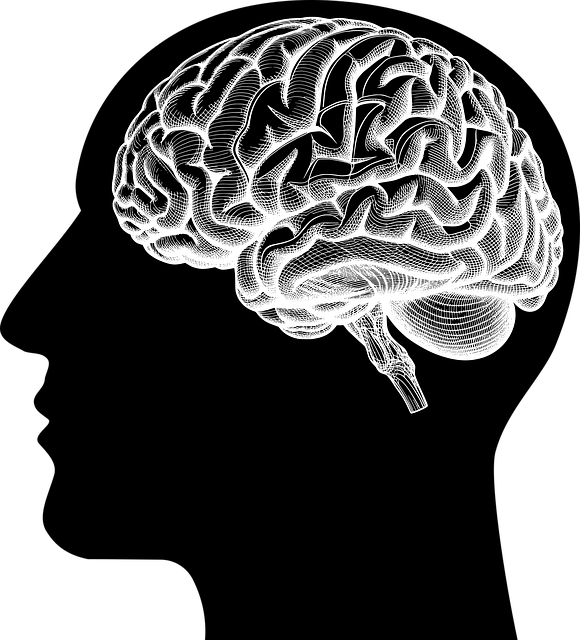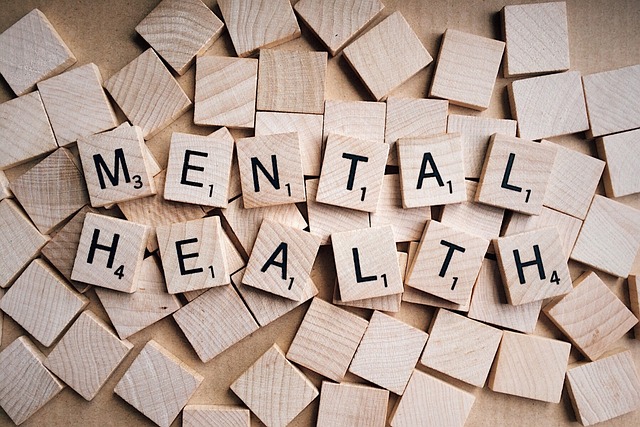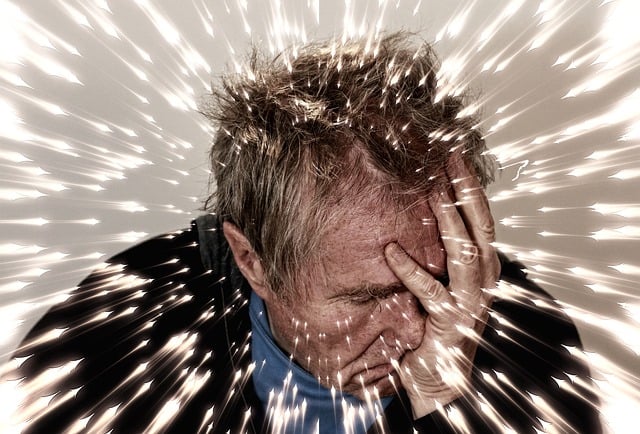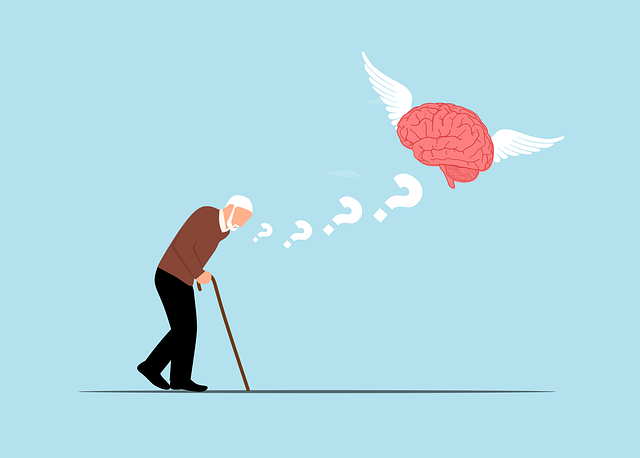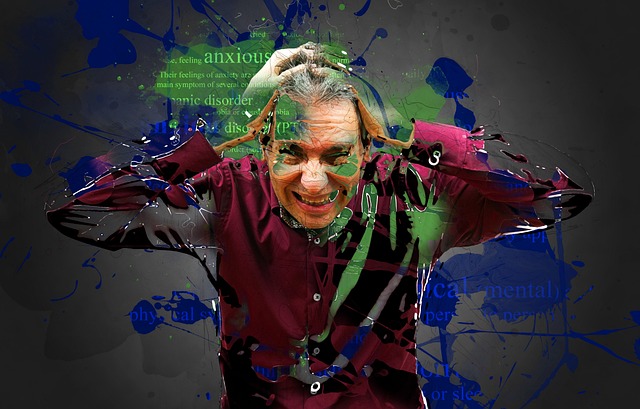Media representation of mental illness significantly shapes public perception, with a call for more realistic and nuanced portrayals to reduce stigma. Current narratives often oversimplify conditions like Centennial Relationship Issues, misrepresenting therapy as a quick fix. A holistic approach is needed, advocating for culturally sensitive media that addresses systemic barriers and promotes mental health policies. By depicting diverse characters' struggles and normalizing help-seeking, media can foster empathy and support initiatives like Centennial Relationship Issues Therapy, encouraging open conversations around mental wellness.
In today’s media landscape, accurate representation of mental illness is crucial for fostering understanding and reducing stigma. This article explores the current state of mental health portrayal in media, identifying challenges and opportunities for positive change. We delve into strategies for creating authentic narratives that reflect the complexities of various conditions, including relationship issues. Additionally, we discuss the vital role of therapy and support systems in media-driven mental health discourse, emphasizing their impact on both viewers and creators.
- Understanding Mental Illness Representation in Media: The Current State
- Building a Positive Shift: Strategies for Accurate Portrayal
- The Role of Therapy and Support Systems in Media-Driven Mental Health Discourse
Understanding Mental Illness Representation in Media: The Current State

The media plays a pivotal role in shaping public perception of mental illness, with its representation significantly influencing societal attitudes and understanding. Currently, there is an increasing call for more accurate and nuanced portrayals to challenge stigmatization and promote empathy. Often, media narratives reduce complex mental health conditions to simplistic, dramatic storylines, perpetuating stereotypes and misconceptions. This can have detrimental effects on individuals struggling with these issues, hindering their willingness to seek help or understand their experiences.
For instance, the depiction of therapy in television shows and movies often oversimplifies the process, portraying it as a quick fix through a few sessions. Such representations fail to capture the long-term, nuanced approach that evidence-based therapies demand, especially when dealing with deep-rooted issues like relationship problems spanning decades. A holistic understanding, considering cultural sensitivity in mental healthcare practice, is crucial for accurate representation. This includes addressing the impact of systemic barriers and advocating for mental health policy analysis and advocacy to ensure more inclusive and effective support systems.
Building a Positive Shift: Strategies for Accurate Portrayal

In fostering a positive shift in mental illness representation, media plays a pivotal role in shaping societal perceptions and attitudes. Accurate portrayal can significantly impact the way individuals, especially those facing relationship issues, perceive therapy and their own emotional well-being. Strategies for achieving this involve showcasing diverse characters with authentic struggles, employing sensitive language, and highlighting the complexities of mental health journeys. By doing so, media can reduce stigma and promote empathy among viewers.
Incorporating these approaches not only encourages open conversations about mental illness but also inspires hope and understanding. For instance, depicting successful therapy outcomes in a relatable context can normalize the concept of seeking help for relationship issues. Moreover, representing characters from various cultural backgrounds undergoing therapy enhances healthcare provider cultural competency training, ensuring that depression prevention initiatives are inclusive and effective for all.
The Role of Therapy and Support Systems in Media-Driven Mental Health Discourse

In the media-driven discourse on mental health, therapy and support systems play a pivotal role in shaping public understanding and empathy. Centennial Relationship Issues Therapy, for instance, offers a lens through which complex emotional healing processes can be explored and demystified. By presenting relatable characters navigating these challenges, media platforms can foster conversations that normalize discussions around mental wellness, breaking down societal barriers. This approach not only encourages individuals facing similar issues to seek support but also promotes a Mental Health Policy Analysis and Advocacy culture where open dialogue is valued.
Furthermore, the integration of therapy in media narratives provides practical Emotional Healing Processes guidance, offering viewers insights into coping mechanisms and resources available. Encouraging mental wellness journaling exercises based on these portrayals can supplement this guidance, empowering individuals to take proactive steps towards their emotional well-being. Such initiatives contribute to a broader Mental Wellness Journaling Exercise Guidance framework, where media serves as a catalyst for community-wide mental health awareness and support.
In addressing mental illness representation in media, it’s clear that a positive shift is necessary for fostering a healthier discourse around mental health. By implementing strategies for accurate portrayal and leveraging therapy and support systems, we can create a more nuanced and compassionate understanding of mental health issues. This is especially crucial in navigating complex relationship issues, as media has the power to either perpetuate stigma or promote awareness and empathy. Through collaborative efforts involving professionals, creators, and audiences, we can ensure that media representations reflect the diversity of human experience, particularly when it comes to Centennial Relationship Issues Therapy. Ultimately, this collective approach will contribute to a more inclusive and supportive society.
